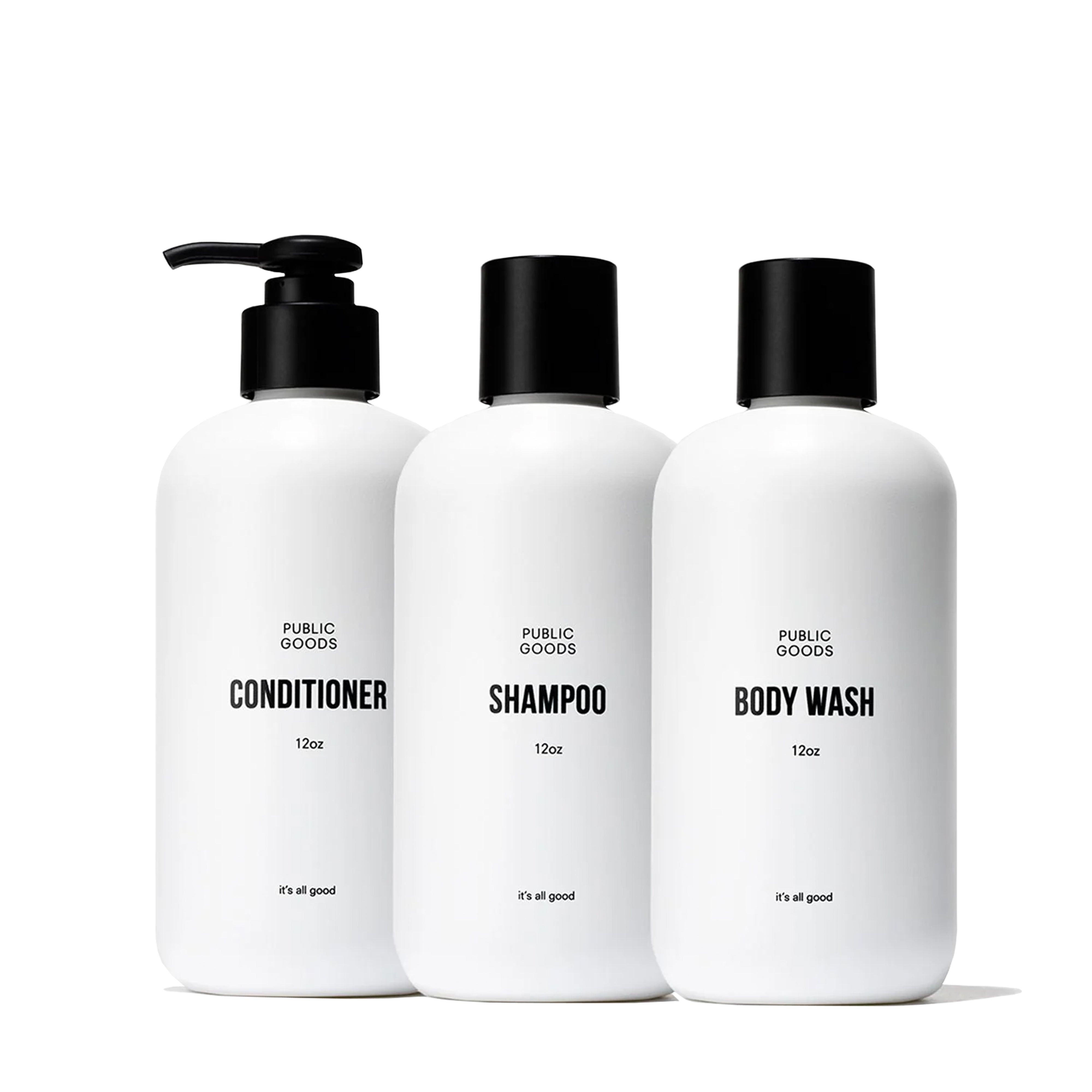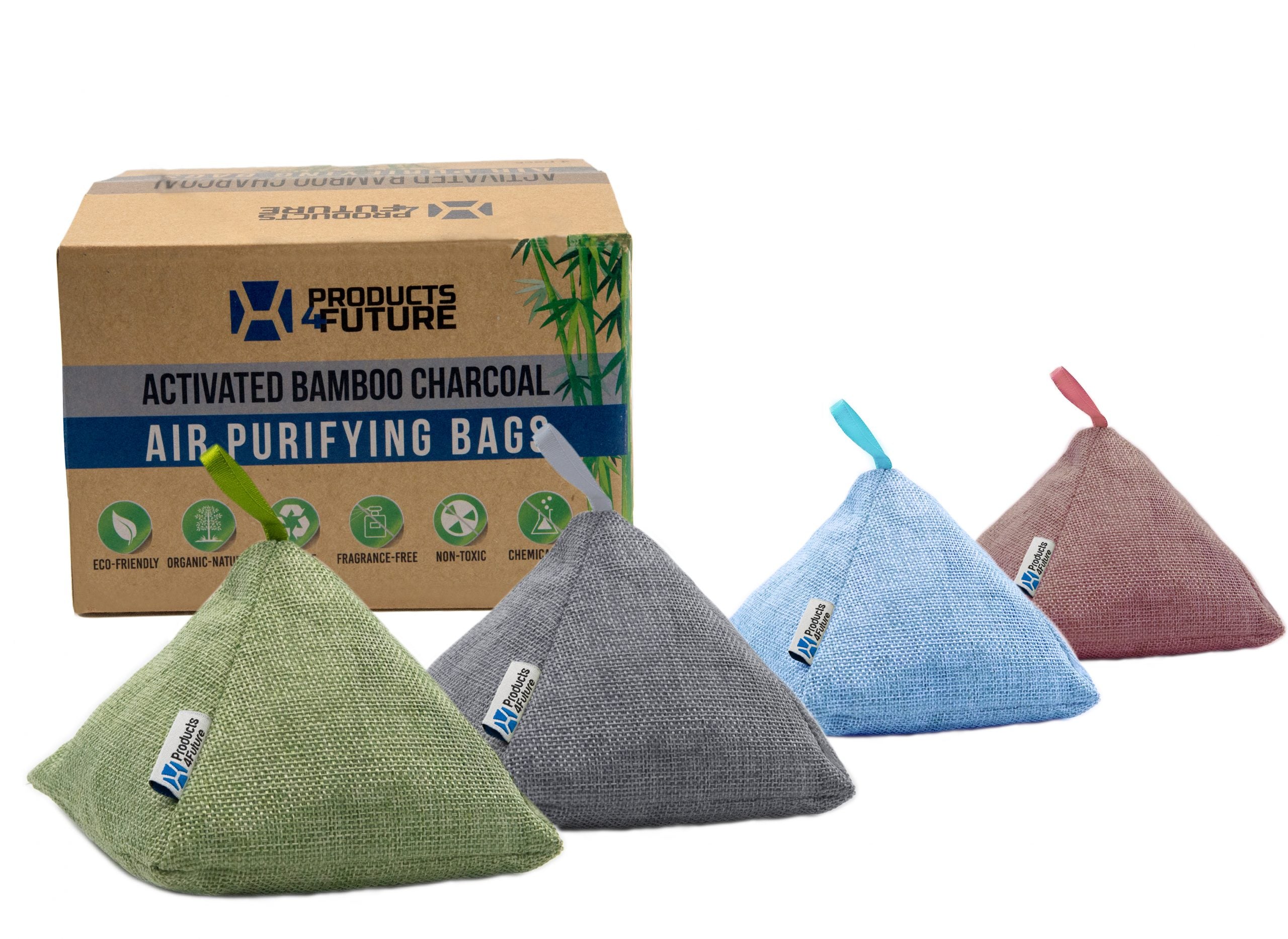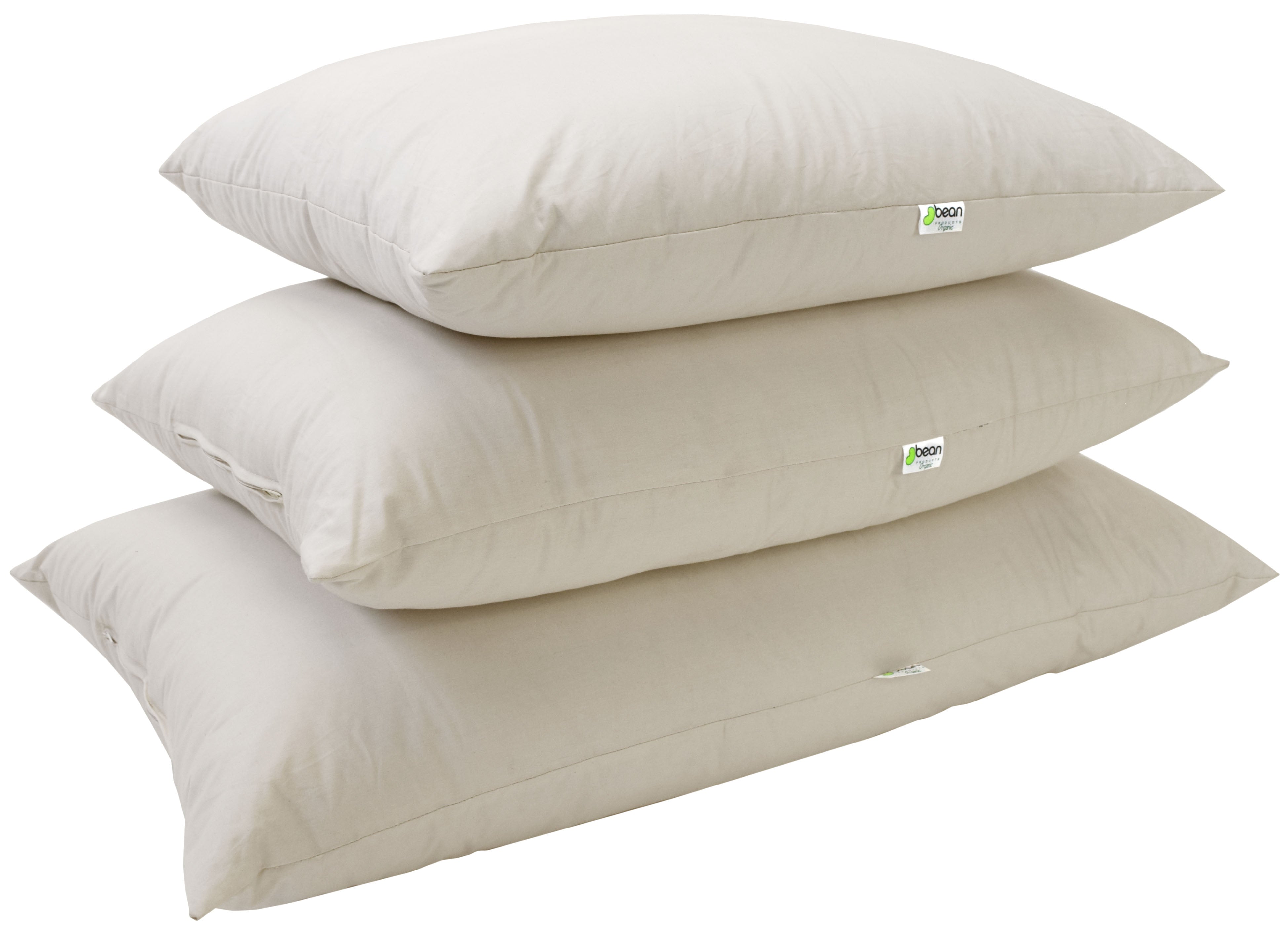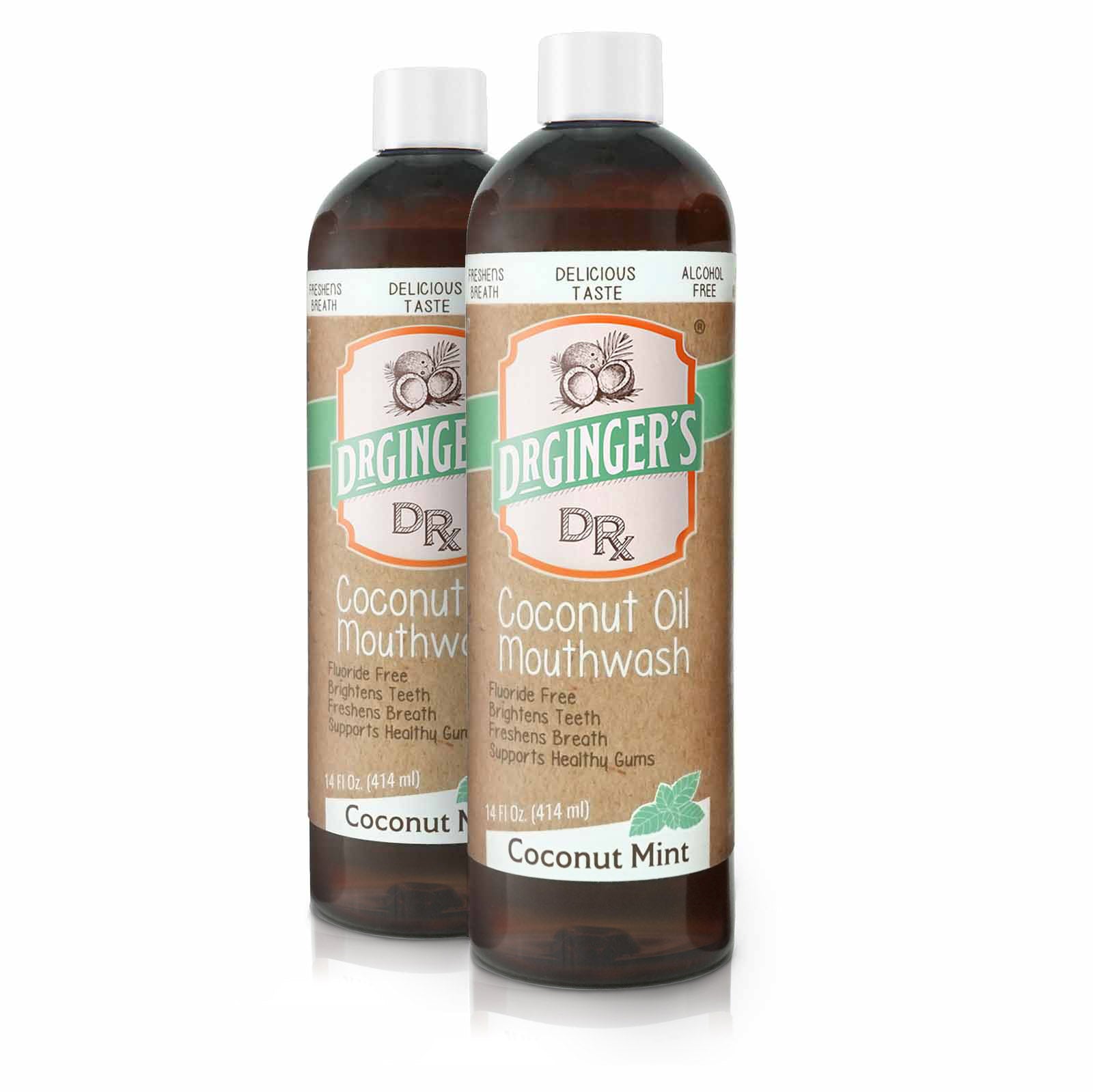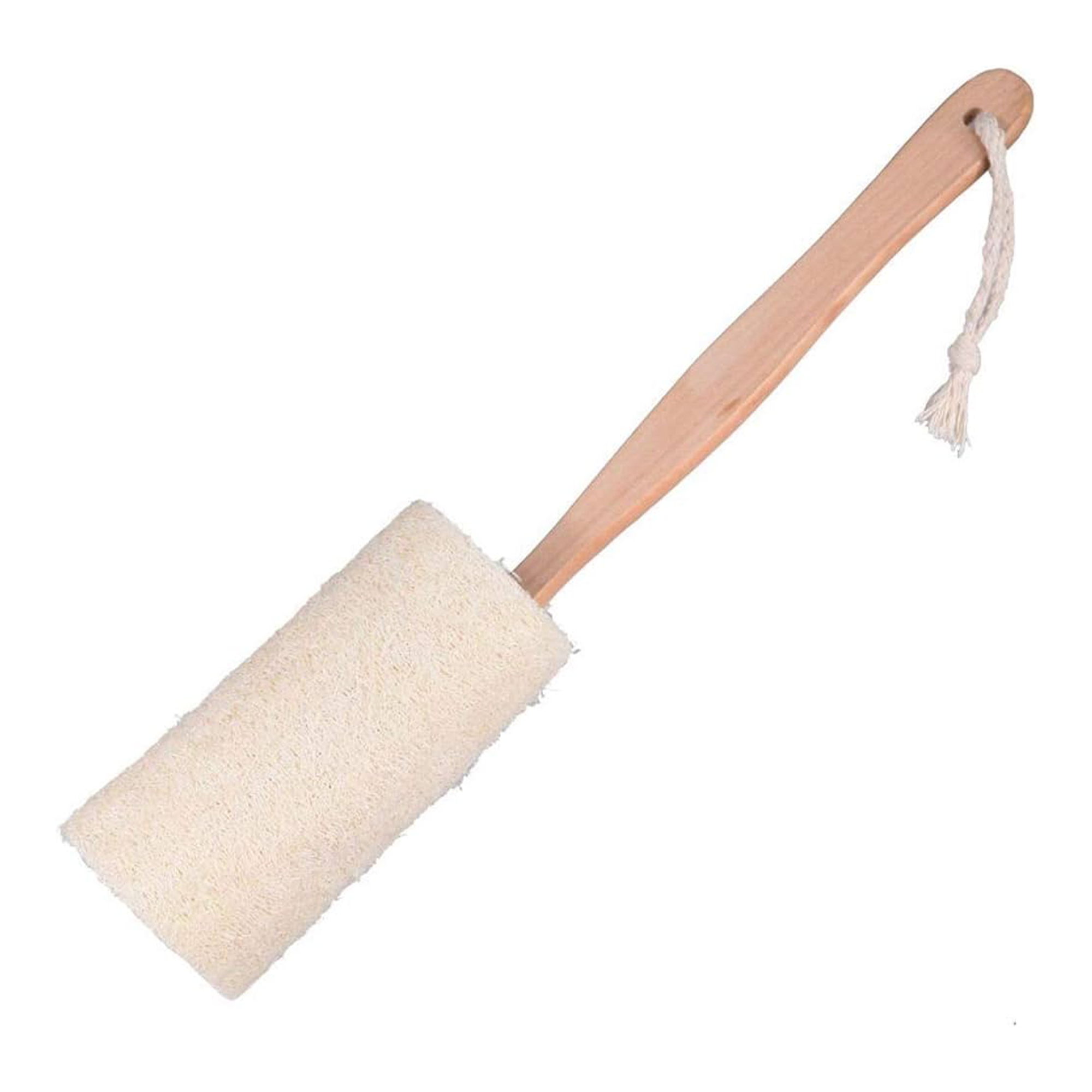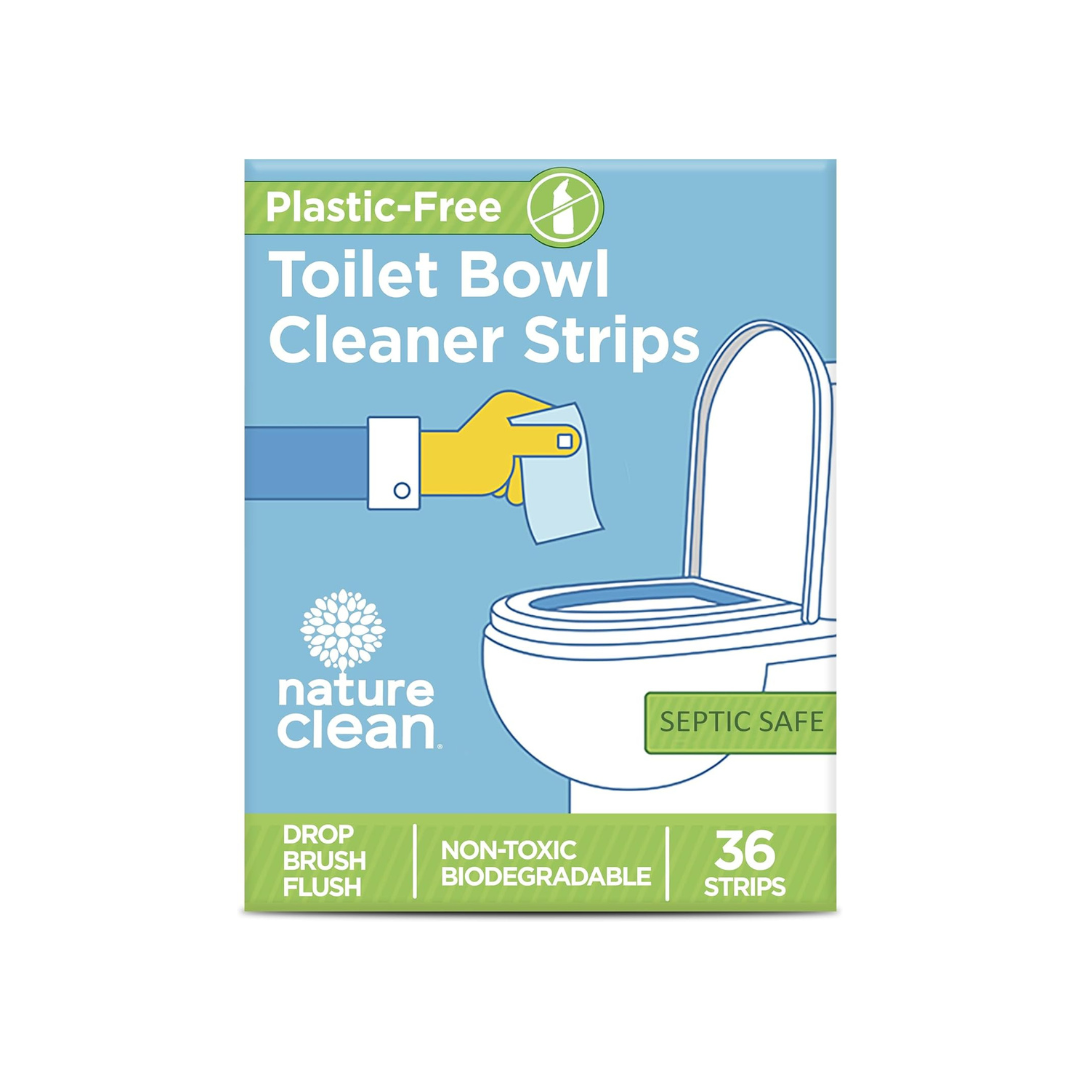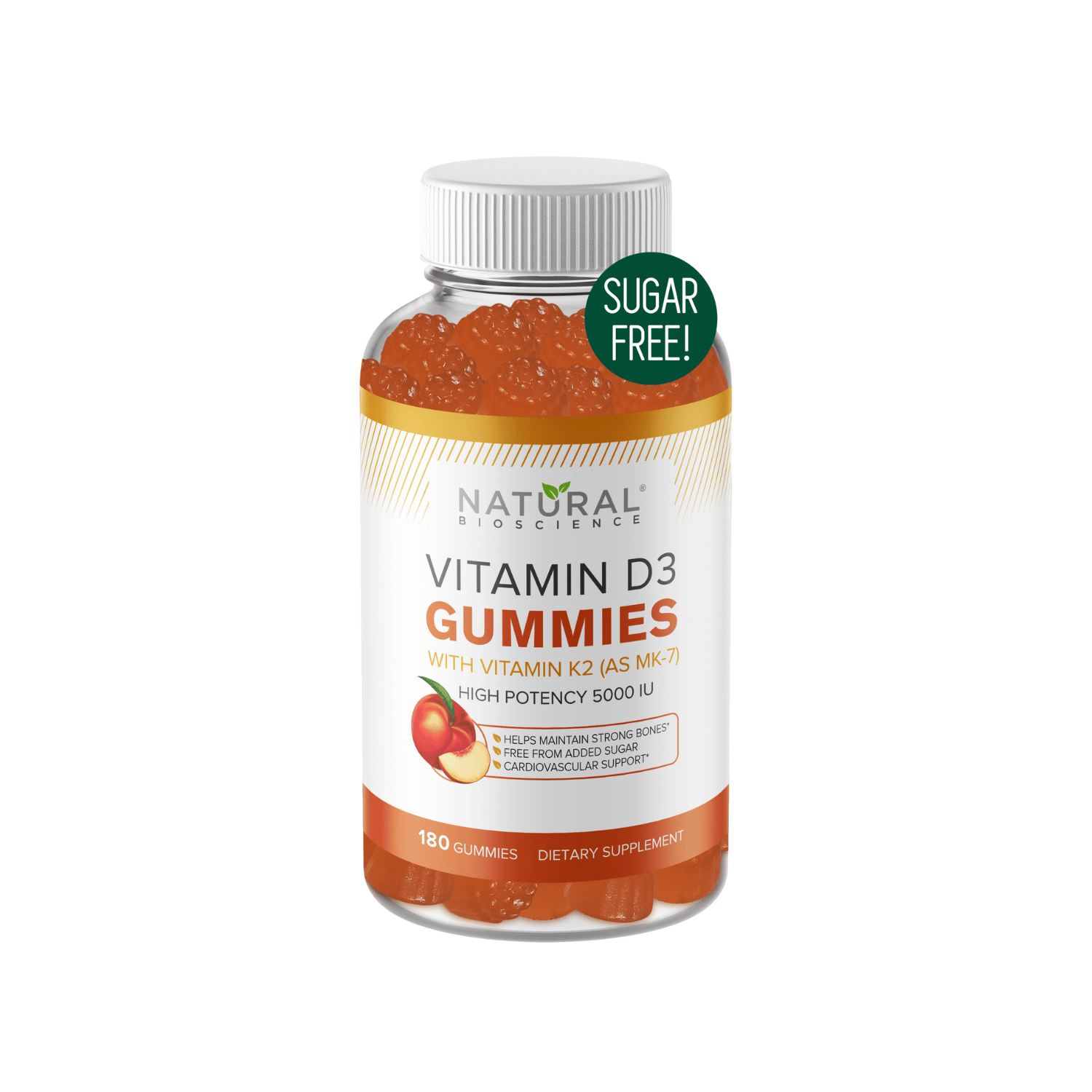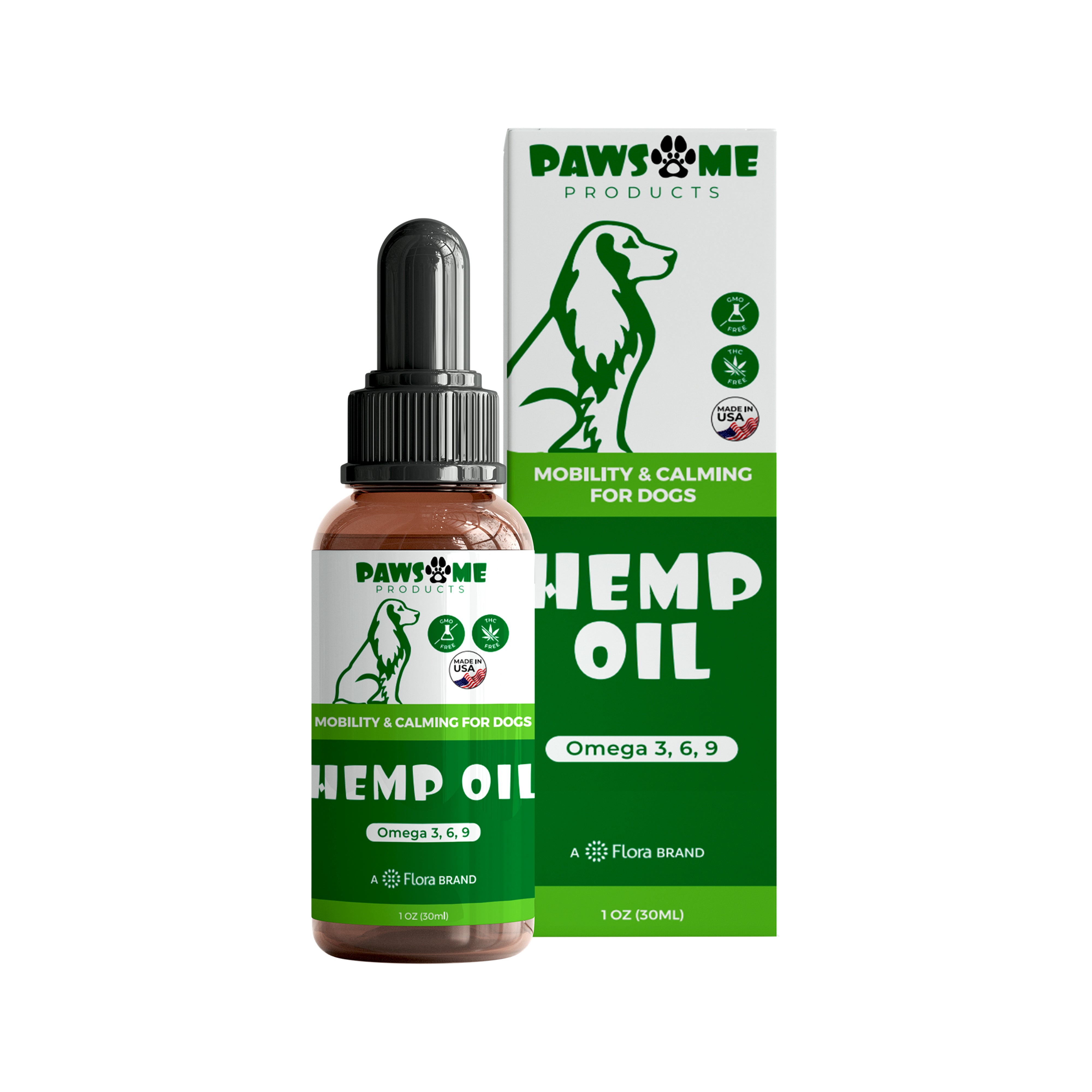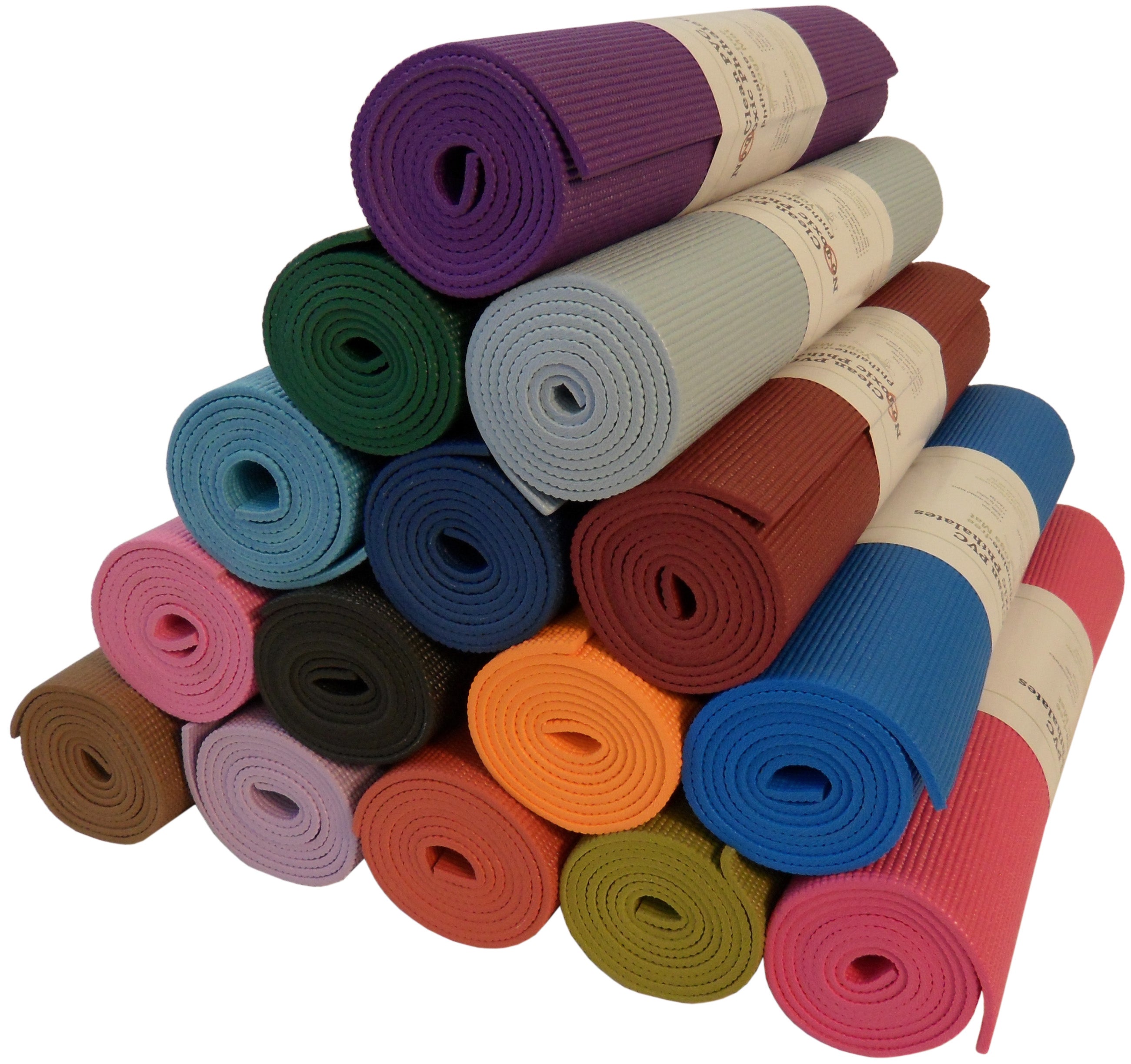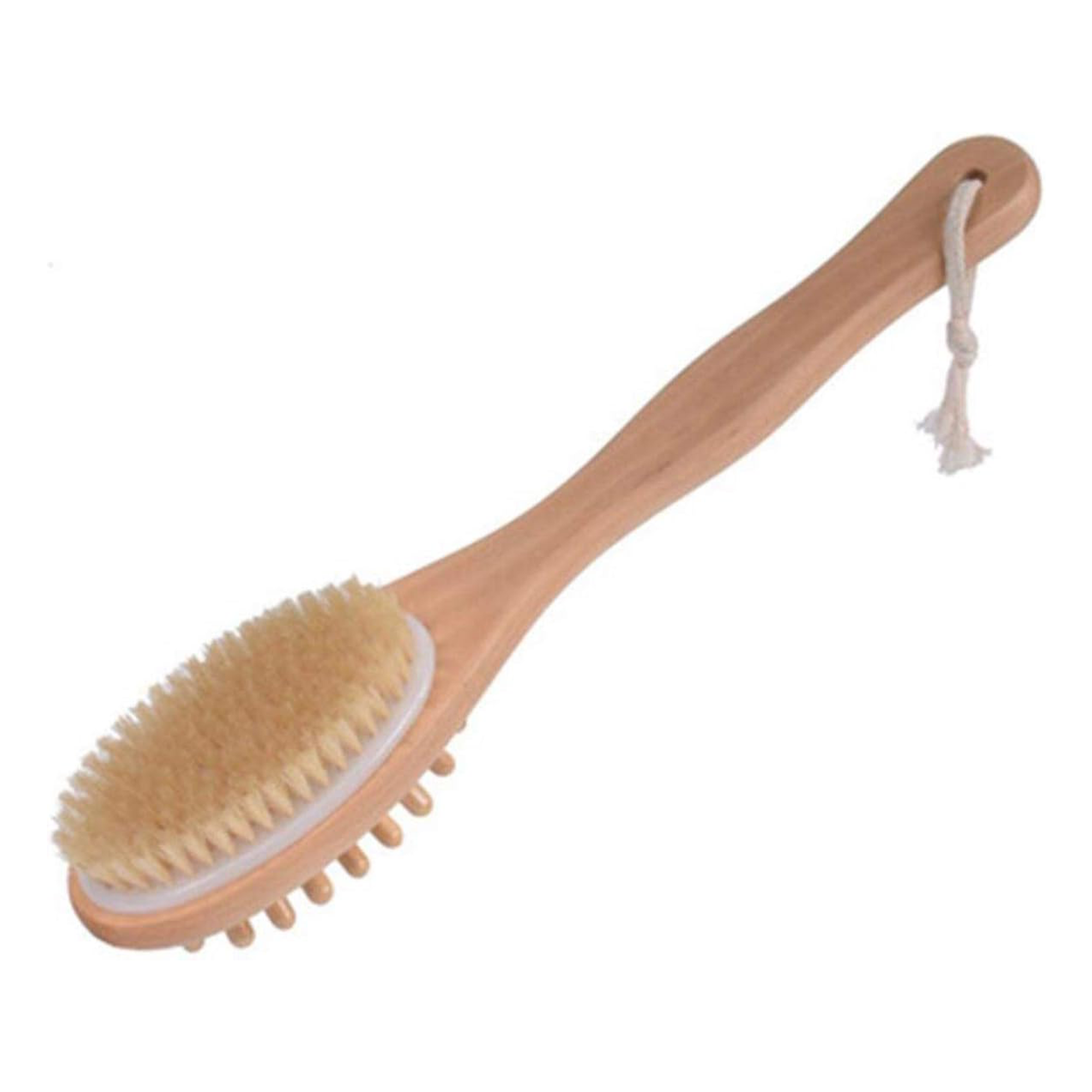Composting is a simple and effective way to reduce waste and create nutrient-rich soil. But, there are many misconceptions about composting that may prevent people from giving it a try. We will debunk four common composting myths and give you helpful tips to help you start composting successfully. If you are new to composting, check The ABCs Of Composting.
Myth 1: Compost Smells Bad.
If the smell of your compost is unpleasant, it may indicate where you are not composting correctly. Often, people make the mistake of only adding food scraps (greens) without including yard debris such as leaves, dry grass, sawdust, and chipped wood (browns). It is important to maintain the correct mix of browns and greens in your compost to balance the moisture, as greens are typically wet and browns are dry. Excess moisture can cause your compost to become too wet and smelly, which can attract animals.
Myth 2: You Need A Garden To Compost.
Composting can be done in a small space, such as a balcony, or porch, or even indoors with the use of a compost bin or worm bin. You can try Bamboozle’s composter to kick start, as we find it very useful. By composting in a container, you can control the moisture, temperature, and airflow to create ideal conditions for the microorganisms that break down the organic material.
One of the benefits of composting in a container is that it can be done year-round, regardless of weather conditions. There are community compost areas that you can drop off your materials after collecting them in your compost bin during the week.
Myth 3: You Need To Follow A Strict Recipe.
Many people believe that composting requires strict adherence to a specific recipe. But, in reality, you can produce excellent quality compost without following a complicated recipe. Instead, you can achieve desirable results by simply layering a diverse range of moist components, such as kitchen scraps, with dry materials like dried leaves.
Myth 4: Composting Is Complicated.
Composting is often considered a complicated process, but in reality, there is no one-size-fits-all method for composting. You don't necessarily need three bins or any bin at all to compost. There are different methods of composting, such as hot or cold composting or warm composting, which is a middle ground between the two.
Composting is a simple and rewarding process that anyone can do with the right information. By debunking these common composting myths, we hope to encourage more people to give it a try and contribute to a healthier planet.

